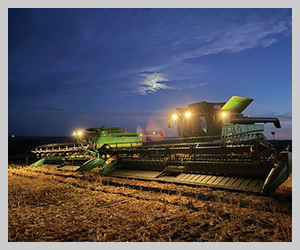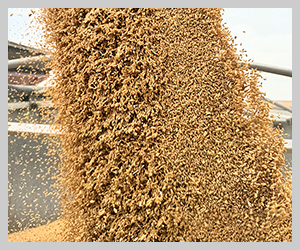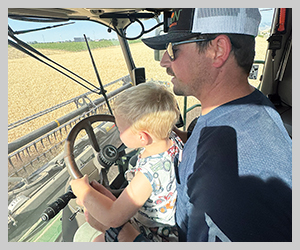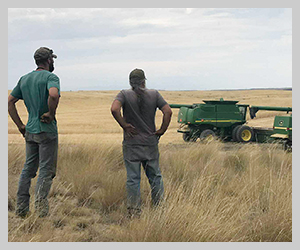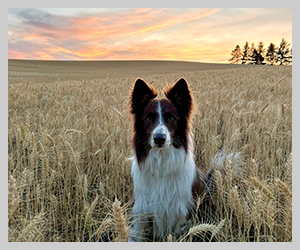NRCS staff working to put farmers first Grower meetings, workshops continue to provide conservation feedback
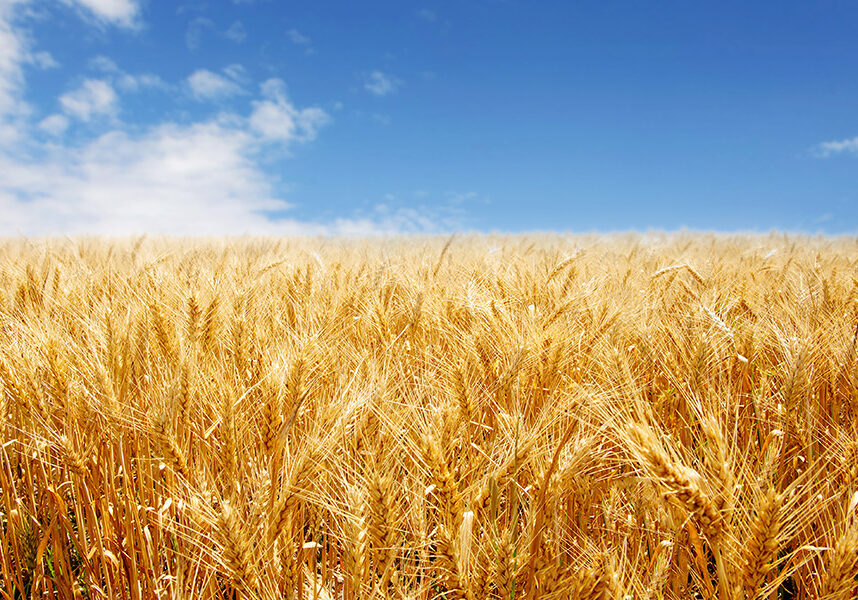
Winter and early spring grower meetings have provided a great opportunity for me to continue to meet growers, have conversations about programs, and visit fields to see practices that they’ve implemented. I’ve been pleased with the number of growers that have reached out to me with questions and feedback on Natural Resources Conservation Service (NRCS) programs and the number of invitations I’ve received to visit farm operations and see firsthand practices and funding that have been implemented.
An example of funding that several of our Garfield County producers had the opportunity to utilize this spring was the Act Now disaster recovery funding. That effort was recently written up in Washington Weekly, a round up of state NRCS happenings (see below).
I’ve also been getting a lot of feedback from growers at events. During our Agricultural Marketing and Management Organization winter sessions, which included NRCS updates, several growers expressed concerns regarding the lack of program options for growers in low rainfall areas in Eastern Washington. These concerns are now being discussed at the state level by leadership to see if there are additional program funding options that can assist growers. In addition, there have been a lot of conversations surrounding this year’s boom in weeds and growing chemical resistance among these weeds.
This winter, I also had the opportunity to attend and learn more about the local workgroup meetings. Participants reviewed natural resource priorities, land uses, and geographic areas of priority. Planned work in specific areas and opportunities to collaborate with or partner with are also discussed. Attendees discussed specific practices needed to address resource concerns. Local working groups are NRCS’ way of listening to people in natural resources and agriculture in order to best serve local communities across Washington. Growers are always welcome to attend these meetings and provide feedback.
Moving into the summer months, I’ll continue working to stay up to date on any program changes and program deadlines and share those with growers. In addition, I’ll be keeping tabs on the pesticide mitigations for endangered species as these requirements evolve.
EQIP in action
A fire ignited the lower end of the South Deadman Creek drainage northeast of Pomeroy in late July 2024.
The fire consumed 14,382 acres of standing winter and spring wheat, range ground, livestock infrastructure, and two residential structures after severe winds caused the fire to quickly spread east and northeast to the Snake River Breaks.
Natural Resources Conservation Service in Washington (NRCS-WA) employees contacted producers affected by the fire to see if they would like to apply for assistance through the Environmental Quality Incentives Program. Nine producers applied for assistance. Eight needed assistance with reseeding range ground, and one needed assistance to rebuild their livestock infrastructure. All nine were funded through the FY25 Act Now Disaster Recovery fund pool, with the total obligation amount coming in at $977,625.
The range reseeding contracts include the range seeding, herbaceous weed treatment to control noxious weeds during establishment, and a deferred grazing plan to keep livestock off the seeded acres until the stand has been established. A total of 4,492 acres of range ground was seeded the week of March 3 to 7, 2025.
“I think this project is a great example of how impactful the Act Now fund pools can be for our producers who are in need of assistance in a short, timely manner,” wrote Mitch Ruchert, a resource conservationist with NRCS-WA, in an email. The new administration has brought several changes to NRCS-WA. Our public affairs team out of Spokane, whom I work directly with, had two key positions cut over the past few months. Several field offices also lost probationary employees and others to two rounds of the deferred resignation program. Some of the probationary employees have been hired back to help staff local offices, but other offices are left with little or no staff. Although there is underlying uncertainty surrounding funding and restructuring, our team continues to work to spread the word about NRCS programs and any essential updates. Field staff are working hard to take care of growers, get money on the ground, and put farmers first.





